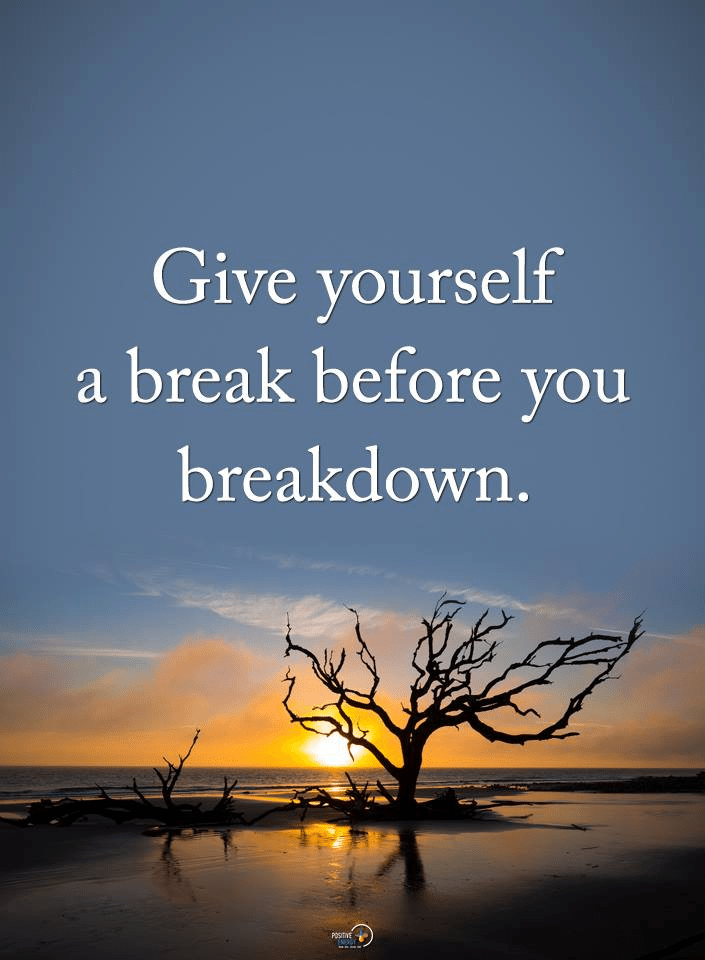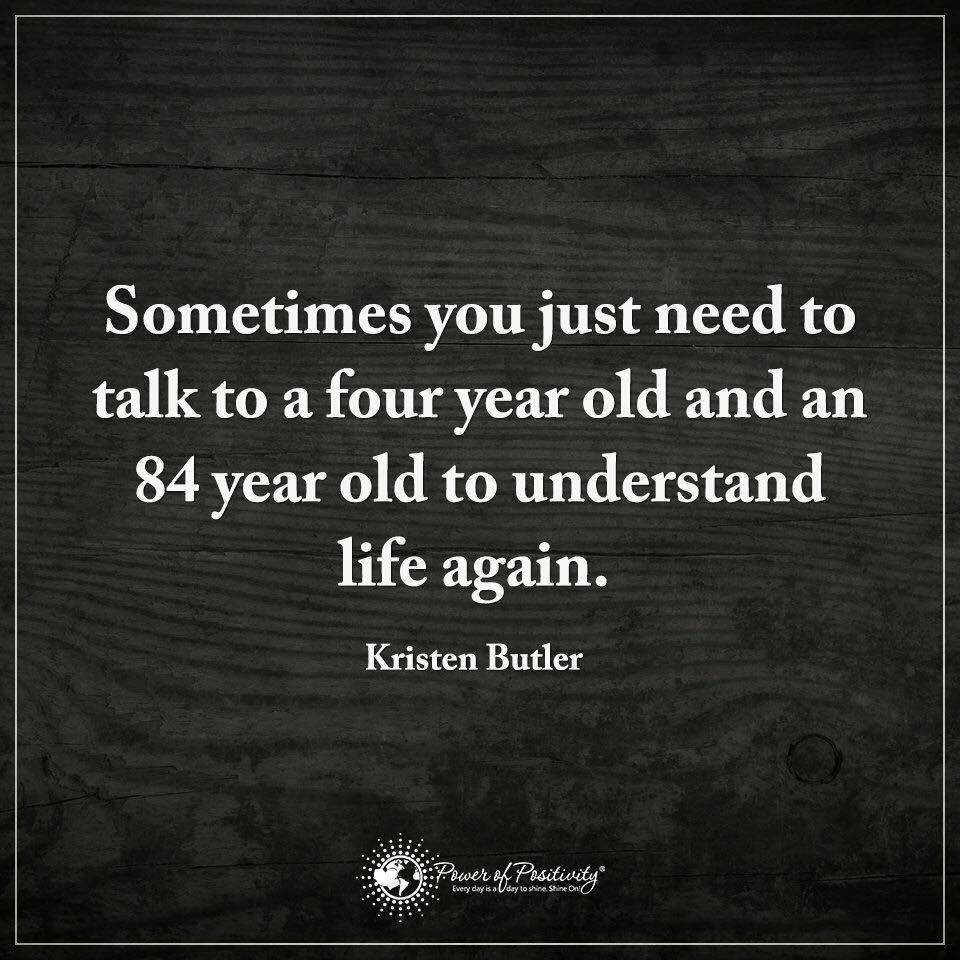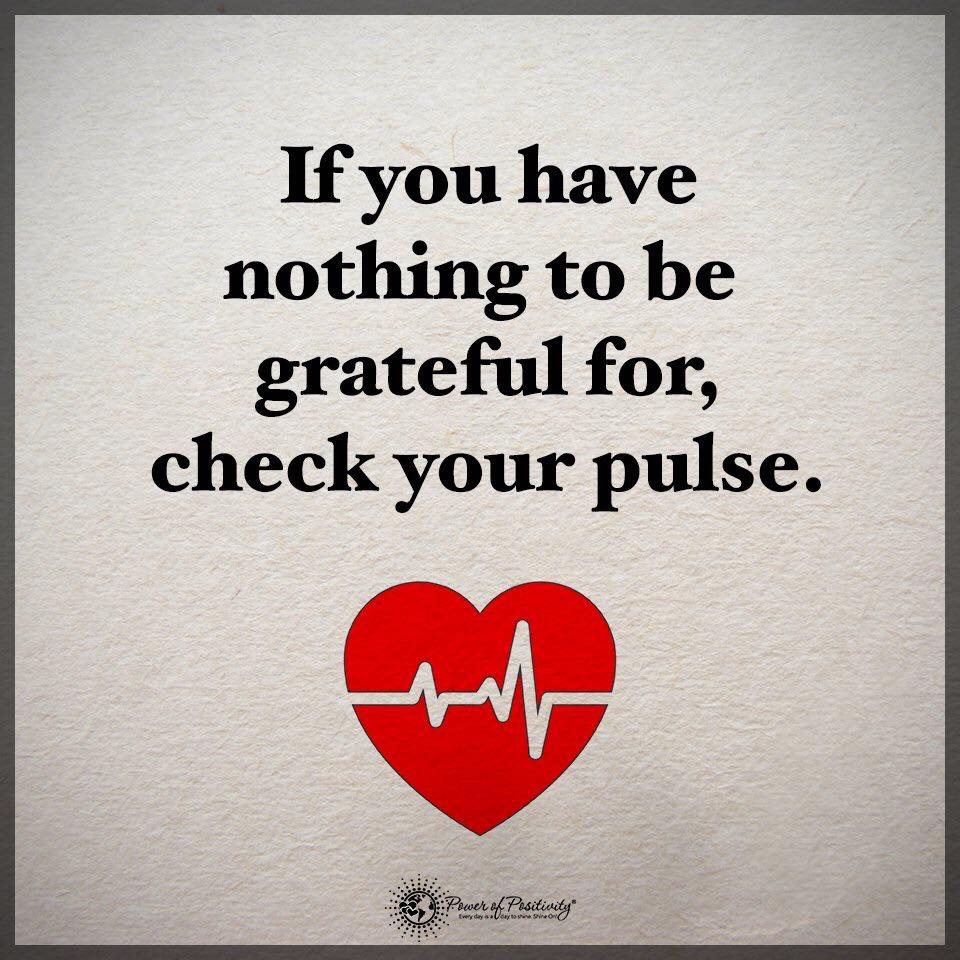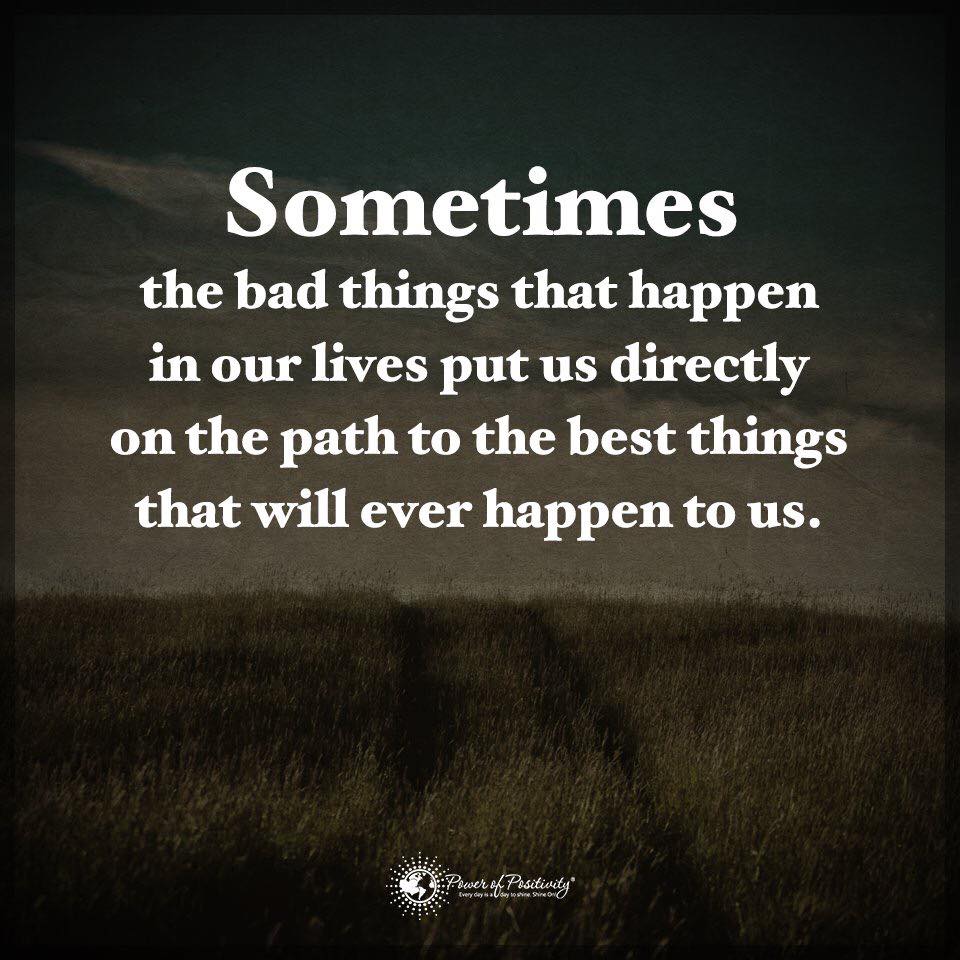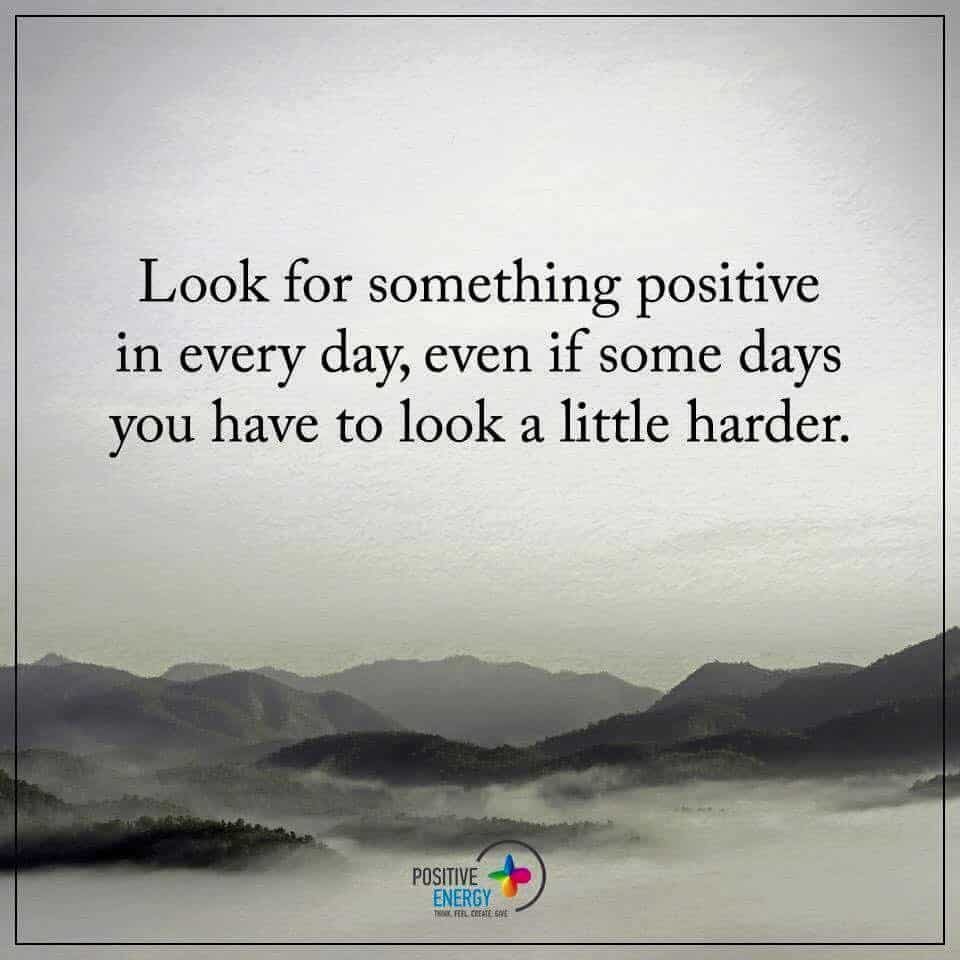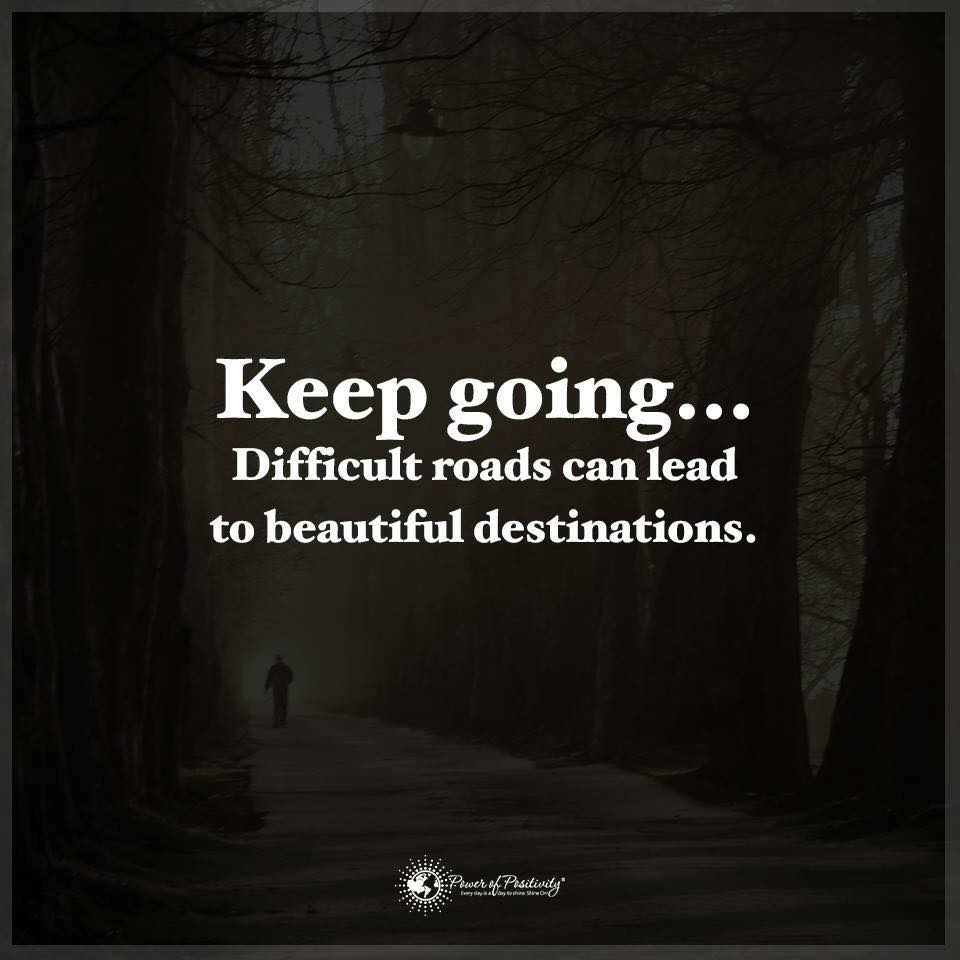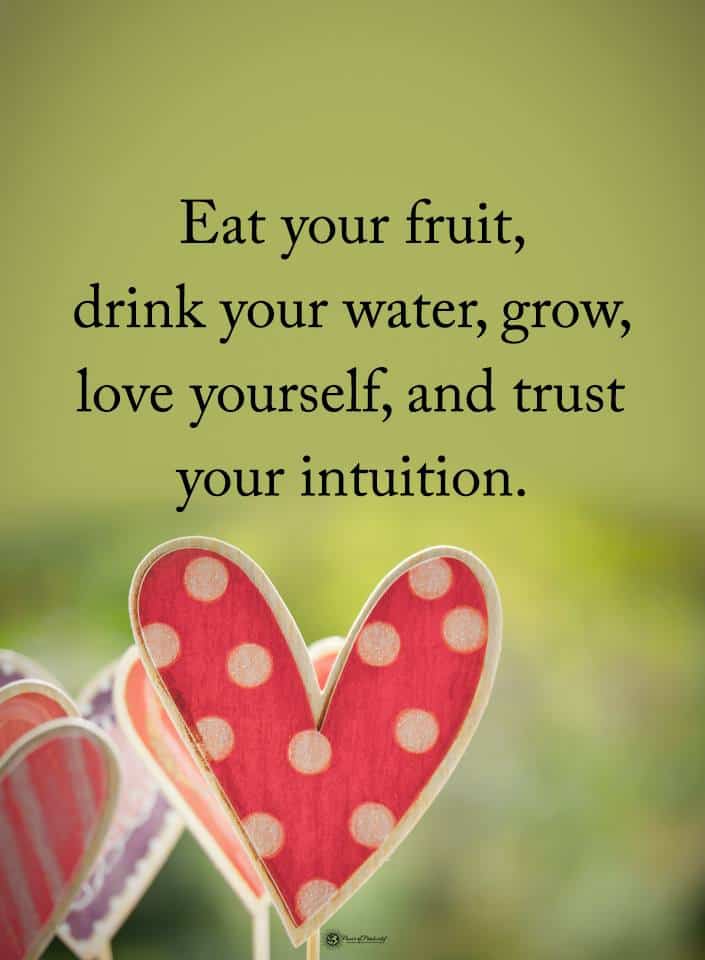Have you ever felt that you couldn’t do it anymore? If so, you’re experiencing the effects of mental fatigue. These extremely tired brain symptoms will sound familiar when you are experiencing a lot of stress and a hectic environment.
Everyone’s been physically tired, so we know those signs of fatigue. Mental fatigue is similar, but the condition is more severe because your brain controls your body. In this article, we will review the signs of mental fatigue and a few ways to help fight it.
7 Signs You Have Mental Fatigue
Mental health providers describe mental fatigue as a persistent or extreme form of mental tiredness, exhaustion, or weakness. Mental fatigue affects your ability to function. Do you have any of these symptoms?
1. You are aware that there is too much going on at once
Feeling overwhelmed? You probably are overwhelmed by sensory input right now. Sounds, smells, sights, mental activity, physical movement, listening to others; sometimes all of this happening in a busy environment can be too much.
When too much data input comes from all of your senses, your brain can begin showing signs of stress and mental fatigue. You may notice that you have asked people to repeat themselves repeatedly. Also, you miss details that you should have seen, like spelling errors.
Try shutting off any noisy devices you can control, like a fan, music, TV, buzzing lights, etc. Turn toward someone speaking and make eye contact to give them your full attention. Limit multi-tasking as much as possible.
2. You rarely have downtime
Can’t remember the last time you went on vacation? A study in the journal Environment and Behavior showed that two strategies could help individuals manage their mental fatigue; avoiding things that cause mental fatigue and downtime.
One strategy involves avoiding unnecessary costs in terms of expenditure of directed attention. In other words, limit how much thinking you have to do. If you can, delegate some tasks to people you trust or postpone decisions if they aren’t urgent.
The other involves enhancing the effect of restorative opportunities. They suggest that a healthy environment (think day spa) will help refresh your mind so you can think again. Even a few minutes outside in the sun is all you’ll need to be able to keep going.
3. You have a total mental block
A mental block is when you have been so mentally drained that you cannot continue to think. You stop thinking until you can rest your brain enough to recover and continue.
Researchers in the Journal of Psychology studying mental fatigue found that mental blocking acts ‘as an automatic safeguard which prevents the individual from working continuously.’ In other words, you can’t continue using your brain because it will just stop working for you when you are fatigued.
4. You’re feeling more emotional lately
Depression or anxiety can be symptoms of mental fatigue because it can feel hopeless that you’ll be mentally clear anytime soon. Being exhausted can feel a lot like being depressed because your level of mental energy is low. You might feel anxiety, for example, that things won’t improve.
If the situation causing your mental fatigue is something that you cannot control, you can feel emotions of anger toward the person you see as the cause of your suffering.
5. Physical symptoms of mental fatigue
Headaches, stomach discomfort, diarrhea, constipation, loss of appetite, insomnia, and being jittery are some physical symptoms you might experience that are signs of mental fatigue. Although you can consult your doctor if these are concerning you, the therapist might better give you some helpful tools.
6. You forget little, but important, things
Forgetfulness and memory lapse is a sign of mental fatigue. Your brain is processing so much information at once, but it cannot also create memories at the same time. Later on, when you sleep, your brain will make memories.
Moreover, you will have a hard time remembering and being able to focus on anything for an extended period. If you can avoid anything that could cause people to harm without your total mental capacity, like driving, for example, that would be best until you recover from your mental fatigue with some rest.
7. If someone asks you one more question, you might explode
Answering questions and making decisions all day has left you with decision fatigue, and you can’t answer anyone anymore. People will have to get by without you because you are bowing out due to mental exhaustion.
Again, let other people take on some minor decisions you have to make in a day. Dropping even small decisions, like what to cook for dinner, can take one more decision off your plate, which can help prevent mental fatigue.
Nine Habits to Overcome Mental Fatigue
It’s important to manage your mental fatigue. Here are some ways you can cope with this concern.
1. Get enough sleep to beat mental fatigue
A good night’s sleep reduces mental exhaustion. Most people can’t function well in less than eight hours of sleep a night. Try to keep a regular bedtime schedule. Avoid caffeine or alcohol too close to bedtime. Be sure your bedroom is a quiet, relaxing place to sleep.
2. Listen to relaxing music
A recent study found that listening to relaxing music while doing a mentally challenging task reduces mental tiredness. Listening to soothing music while you’re working is a simple way to give your brain a break.
3. Exercise helps decrease mental fatigue
Exercise is invaluable for mental and physical health. Whether you walk at a brisk pace for 15 to 20 minutes or work out at a gym, doing exercise will improve your mental outlook and elevate your stress, increasing mental fatigue.
4. Take breaks
It may be hard to stop what you’re doing, but every day, take several short breaks to give your brain a little rest. Go for a walk outside or chat with your co-worker for a few minutes. Just be sure to talk about something besides work.
5. Eat well
Your diet contributes to your mental fatigue. High fat and sugar in your diet will cause you to gain weight. Carrying the extra pounds will make you feel sluggish and mentally tired. Eat a diet rich in fruits, wholesome vegetables, lean meats, and whole grains for maximum health and energy.
6. Relax
Are you someone who finds it hard to relax? Perhaps you feel guilty taking a day off of work to just chill. Constant work without time to relax adds up to mental fatigue. Allow yourself a day to enjoy life. Whether it’s playing a round of frisbee golf or shopping at the mall, you need time to relax and refresh your mind.
7. Hit delete
If you are the type of person who feels that you must finish everything on your to-do list, perhaps it’s time to accept the fact that you’ll never get it all done. Someone once said, “Only God gets everything done on his to-do list.”
It’s a funny saying, but a good lesson in remembering that you’re only human. Maybe it’s time to delete some items from your list. Ask yourself some questions to decide what is important on that to-do list, such as
- Is what I want to do worth the time and energy it will take from me?
- Will this feel as important in a week? A month? A year?
- Is this a need or a want?
- If I remove this action from my list, will it change anything in my life?
8. Journaling
Writing in a journal is a helpful tool for overcoming mental fatigue. It can help you work out problems, deal with fears and other concerns. As you reread what you wrote several weeks back, it will give you perspective on life and what you’re thinking and feeling.
9. Get a check-up if your mental fatigue continues
If you constantly struggle with mental fatigue, make an appointment with your health care provider for a complete check-up. You may have an underlying health condition that is causing your mental fatigue. Health conditions that lead to psychological and physical fatigue include:
- Thyroid problems
- Chronic fatigue syndrome
- Allergies
- Sleep apnea
- Autoimmune disorders

